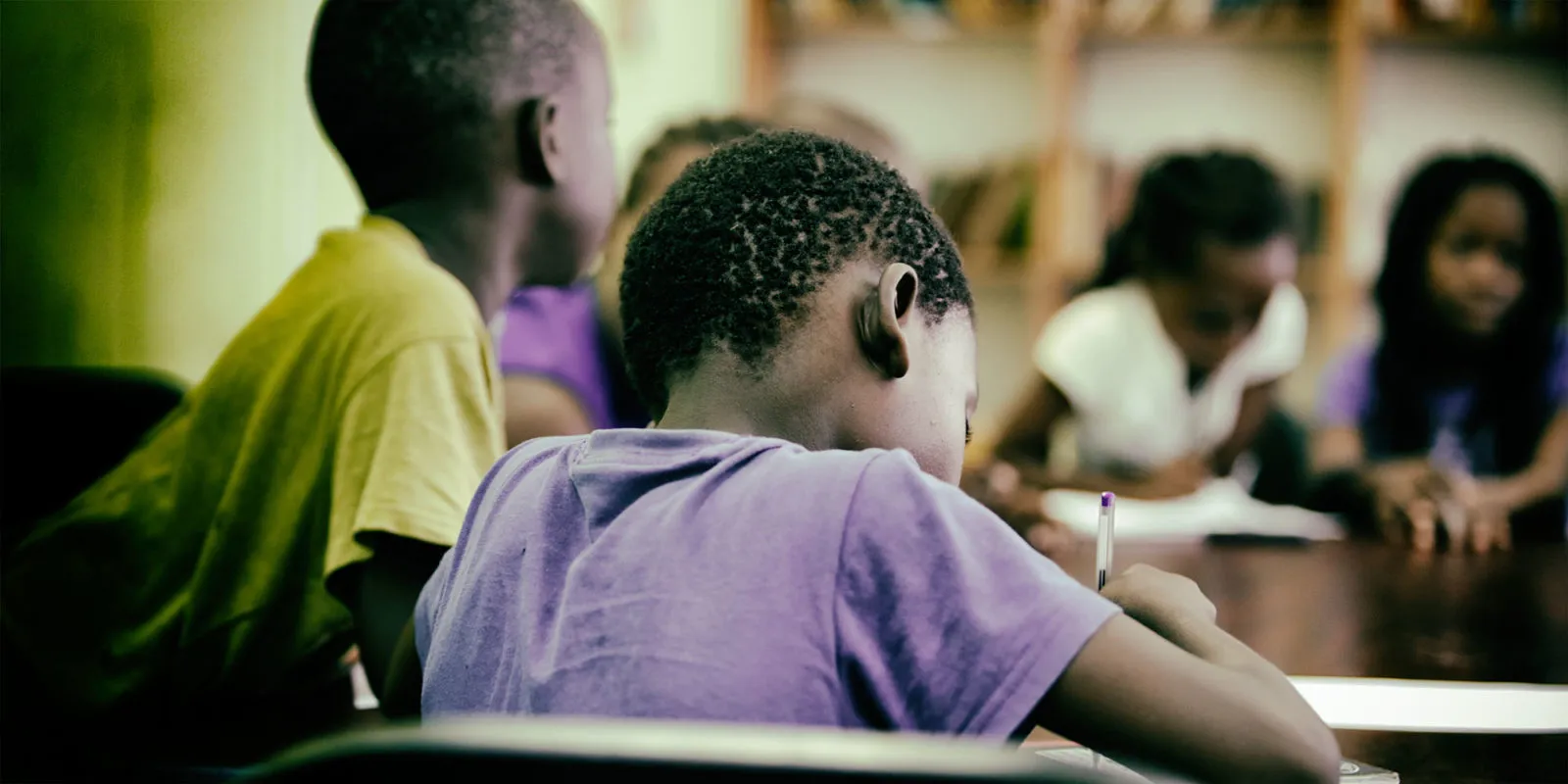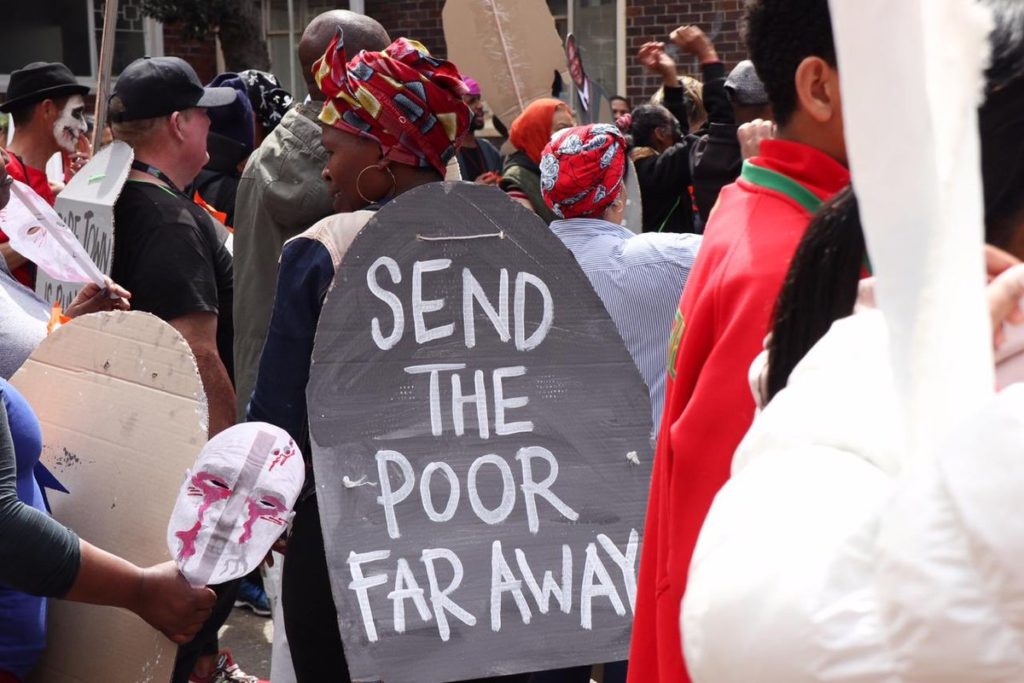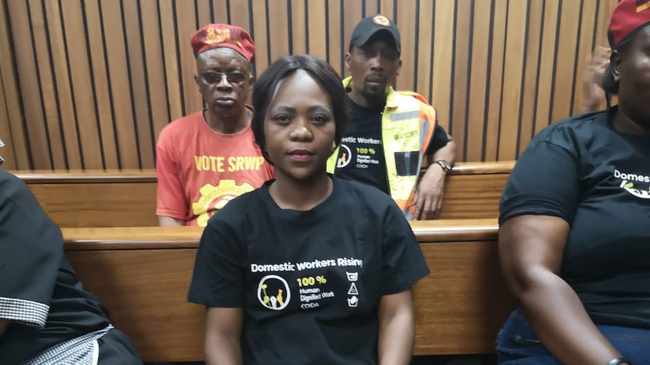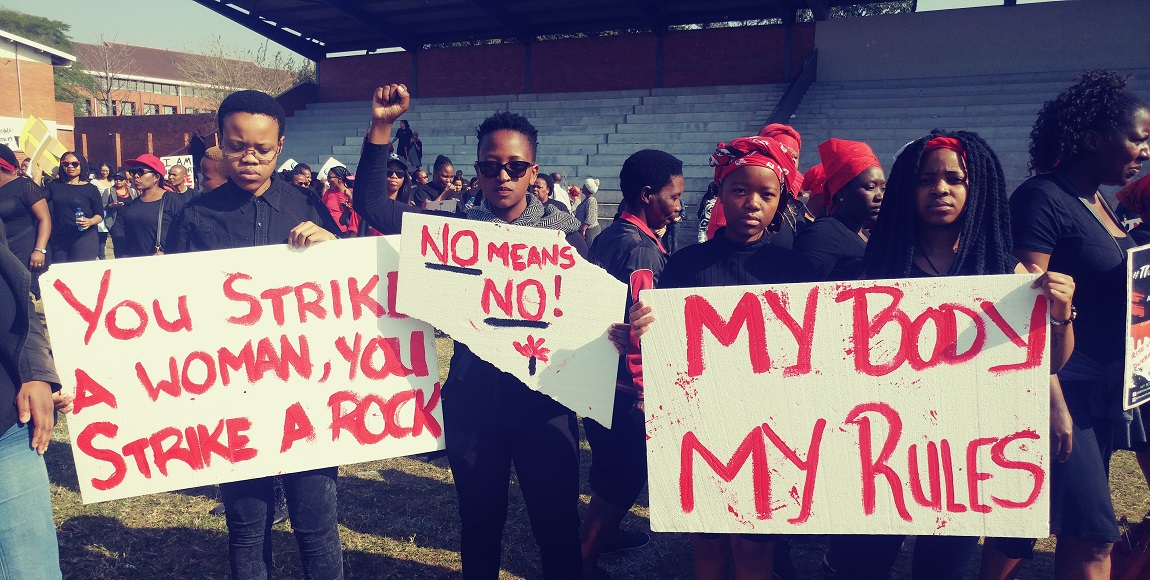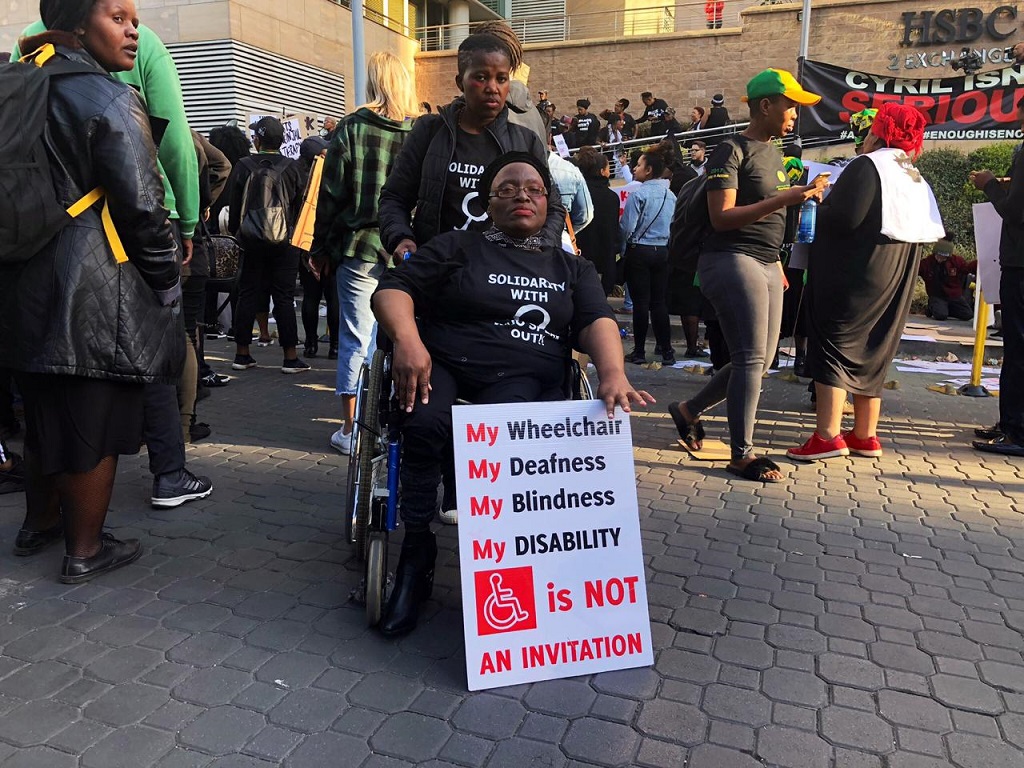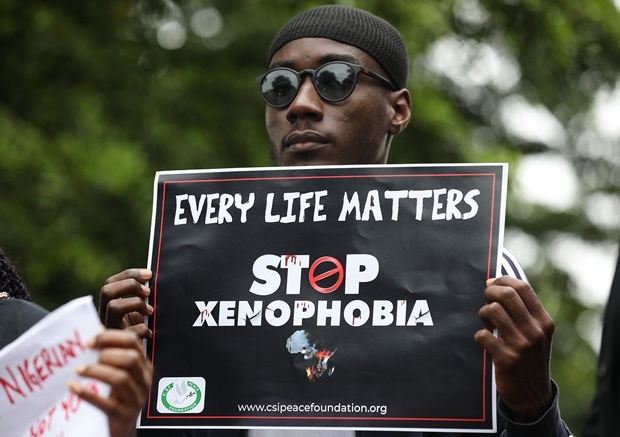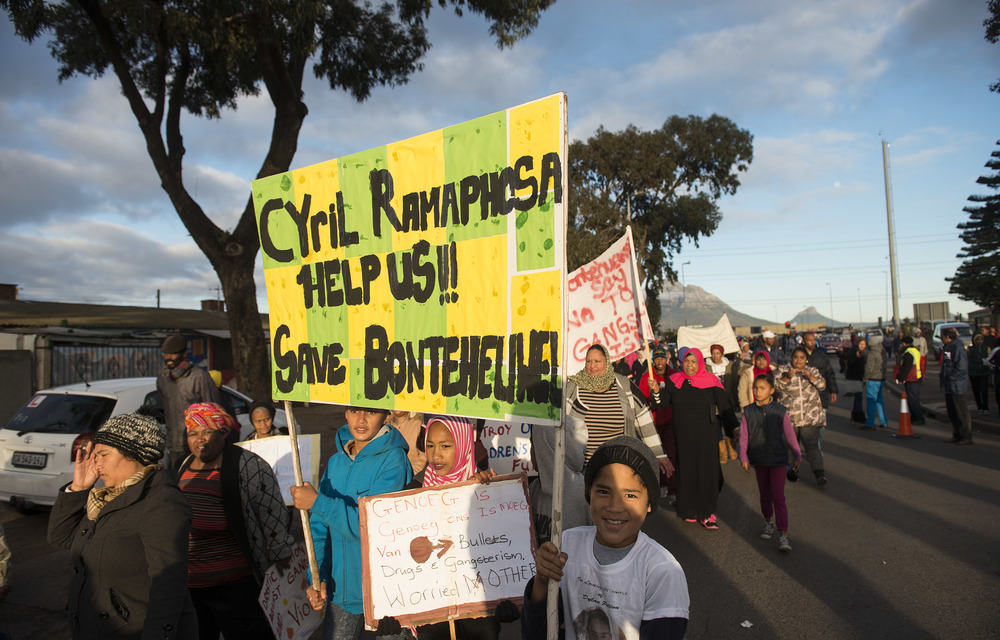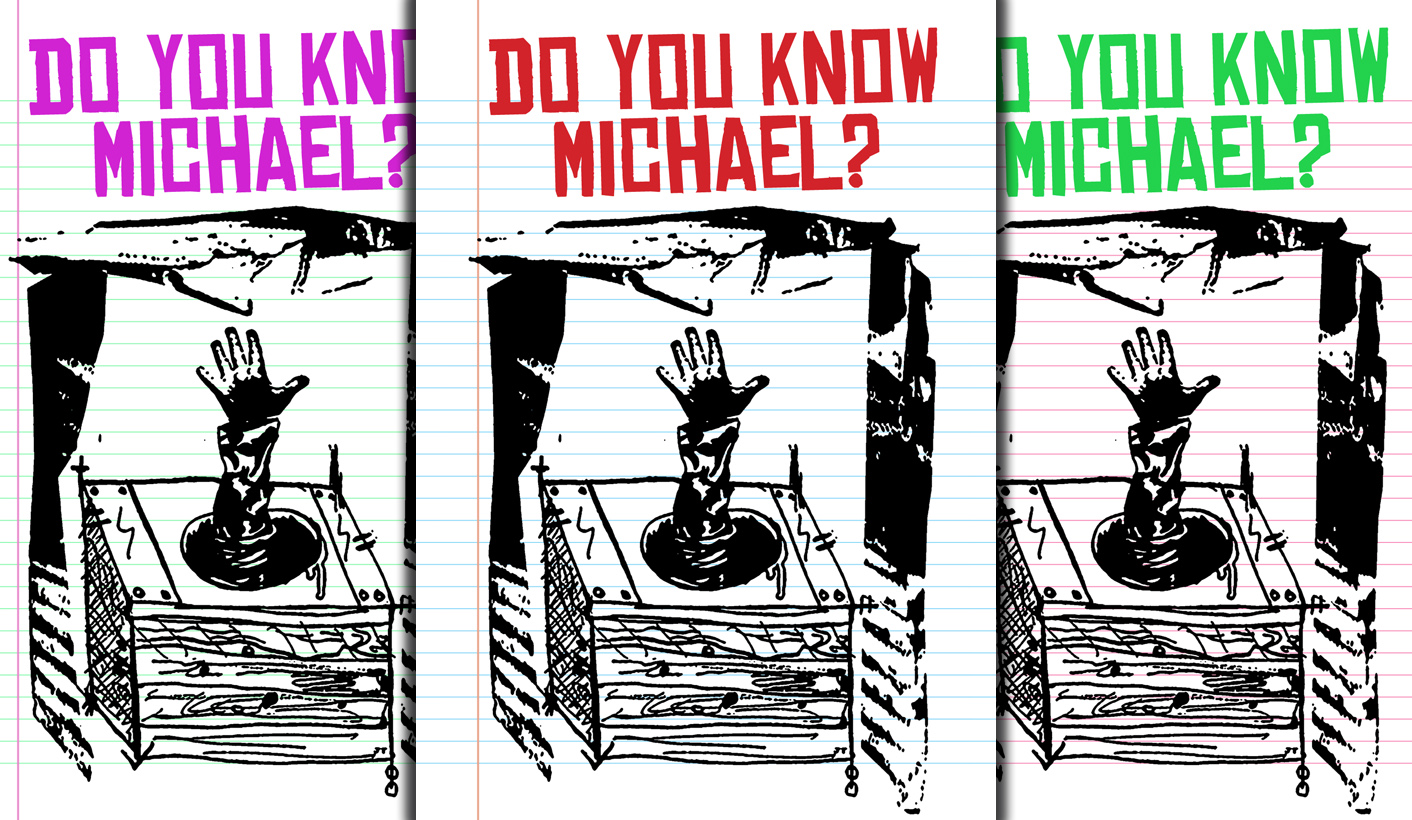
His hands were up
His hands were up
He was reaching out
So remarks the presenter
interviewing Section 27
on morning SAFM radio
His hands were up
five year-old Michael Komape’s
he drowning in a pit toilet
(learners and teachers
forced to learn and teach
in the state we are in)
His hands were up
He was reaching out
Now there is justice
some 5 years later
his family awarded
damages for emotional
shock and grief
A most appalling
and undignified death
says the judgement
(Supreme Court of Appeal)
The SAFM interview also
tells us of the insensitivity
and callousness of officialdom
in this regard
(have we lost our principles
along with so much else)
His hands were up
He was reaching out
How many more
See “Michael Komape’s family awarded R1.4 million in damages by appeal court” (Franny Rabkin, Mail & Guardian, 18 December 2019), and “Komape family awarded R1.4 million for emotional shock and grief” (Ciaran Ryan, 18 December 2019 © 2019 GroundUp).
The Komape family was represented by public interest law firm SECTION27
(Image Credit: Daily Maverick)
